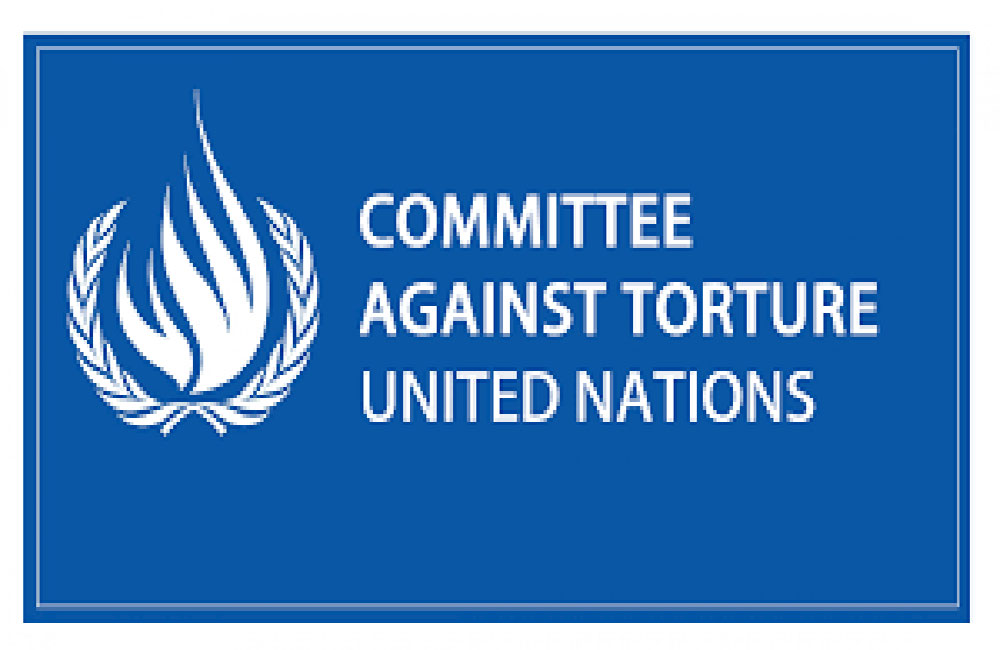A delegation of the UN Subcommittee on Prevention of Torture (SPT) arrived in Sri Lanka yesterday for an 11-day visit.
The SPT will examine the treatment meted out to people deprived of their liberty in the Indian Ocean island nation and the safeguards in place for their protection from torture. It will hold meetings and discussions with ministries and government officials in addition to meeting members of the Human Rights Commission of Sri Lanka and various civil society organizations.
Article 1 of the Optional Protocol of the Convention against Torture and Other Cruel, Inhuman, or Degrading Treatment or Punishment (OPCAT) mandates the creation of the SPT. The objective is to establish a system of regular visits undertaken by an independent international body to places where people are deprived of their liberty, in order to prevent torture and other cruel, inhuman or degrading treatment or punishment. Sri Lanka ratified OPCAT in 2017.
Under OPCAT, the mandate of the SPT is to visit places of detention in states and to advise and assist states concerning the establishment and functioning of national torture preventative mechanisms. It has unrestricted access to all places of detention, installations and facilities and to all relevant information relating to the treatment of persons and to conditions of detention.
The SPT is empowered to undertake private and confidential interviews with both persons deprived of their liberty and any other person who, in the SPT’s opinion, may supply it with relevant information. The SPT also co-operates with international, regional and national organizations and institutions working to strengthen protection against torture and ill-treatment.
“During our visit we will be exploring the steps Sri Lanka needs to take to effectively prevent torture and ill-treatment of people deprived of their liberty,” said Victor Zaharia, who heads the delegation. “We will also advise the authorities on the full implementation of their treaty obligations, including how they can best establish a national independent body to visit places of detention,” he added.
Eighty-nine countries have ratified OPCAT as of March 2019.

Leave your comments
Login to post a comment
Post comment as a guest